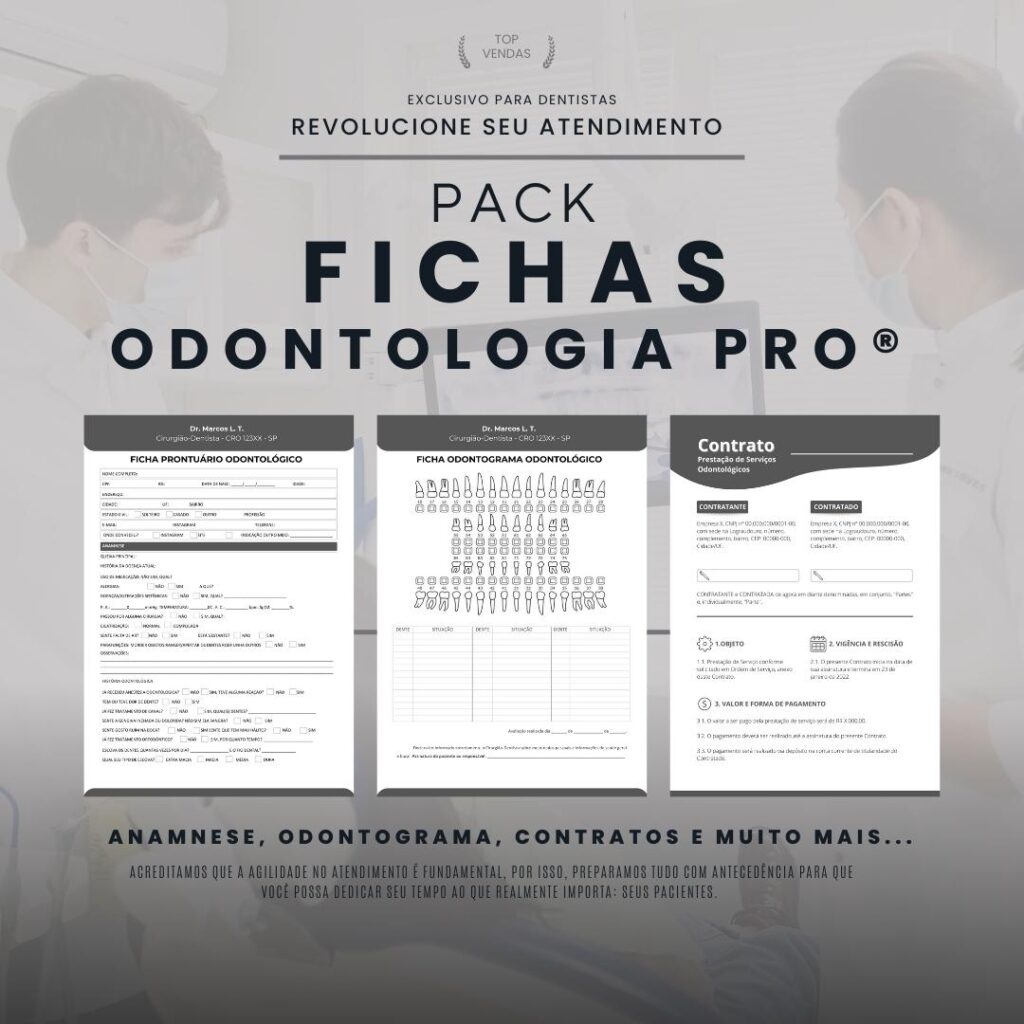What are Nanoparticles in Digital Dental Cements?
Nanoparticles in digital dental cements are materials used in modern dentistry for the restoration of damaged teeth. These particles are extremely small, with dimensions on the nanometric scale, which gives them unique properties and significant advantages over conventional materials.
Properties and Advantages of Nanoparticles in Digital Dental Cements
The nanoparticles present in digital dental cements have several properties that make them ideal for use in dentistry. One of the main advantages of these materials is their ability to adapt perfectly to the tooth structure, providing a more precise and long-lasting restoration.
Furthermore, the nanoparticles in digital dental cements have high mechanical strength, which ensures greater stability and longevity to the restoration. These materials also have antibacterial properties, helping to prevent infections and promoting oral health.
Another advantage of nanoparticles in digital dental cements is their ability to release active substances in a controlled manner. This enables the gradual release of therapeutic agents, such as fluoride or remineralizers, contributing to the protection and strengthening of teeth.
Applications of Nanoparticles in Digital Dental Cements
Nanoparticles in digital dental cements have a wide range of applications in dentistry. They are often used in dental restorations, such as filling cavities and reconstructing fractured teeth.
These materials can also be used to make dental veneers and contact lenses, providing a natural and long-lasting aesthetic result. In addition, nanoparticles in digital dental cements are used to fix dental prostheses, ensuring safe and durable adhesion.
Manufacturing Process of Nanoparticles in Digital Dental Cements
The manufacturing process of nanoparticles in digital dental cements involves several steps. Initially, the base materials, such as resins and ceramics, that will be used in the composition of the cement are selected.
Next comes the grinding stage, in which the materials are reduced to extremely small particles, on the nanometric scale. This stage is essential to ensure the homogeneity and stability of the nanoparticles.
After grinding, the nanoparticles are treated with surface agents, which provide colloidal stability and facilitate the dispersion of the material in a liquid medium. This step is important to ensure the applicability and effectiveness of the nanoparticles in digital dental cements.
Safety Considerations for Nanoparticles in Digital Dental Cements
The safety of nanoparticles in digital dental cements is an important concern in dentistry. Studies have been conducted to evaluate the potential adverse effects of these materials on the human body.
To date, the results indicate that nanoparticles in digital dental cements are safe when used according to the manufacturers' recommendations. However, it is essential that dental professionals are up to date and follow the guidelines for using these materials.
The Future of Nanoparticles in Digital Dental Cements
The use of nanoparticles in digital dental cements is a growing trend in dentistry. The constant evolution of these materials and the improvement of manufacturing techniques promise to bring even more benefits to the field.
Studies are being conducted to improve the properties of nanoparticles in digital dental cements, such as abrasion resistance and the ability to regenerate dental tissues. This research aims to provide increasingly durable and aesthetically pleasing restorations.
Conclusion
In summary, nanoparticles in digital dental cements are innovative and promising materials in dentistry. Their unique properties and significant advantages have contributed to the improvement of dental treatments, providing more precise, long-lasting and aesthetically pleasing restorations.
It is important to emphasize that these materials must be used by trained professionals and in accordance with the manufacturers' recommendations. The safety and effectiveness of nanoparticles in digital dental cements are essential to ensure the well-being and oral health of patients.


